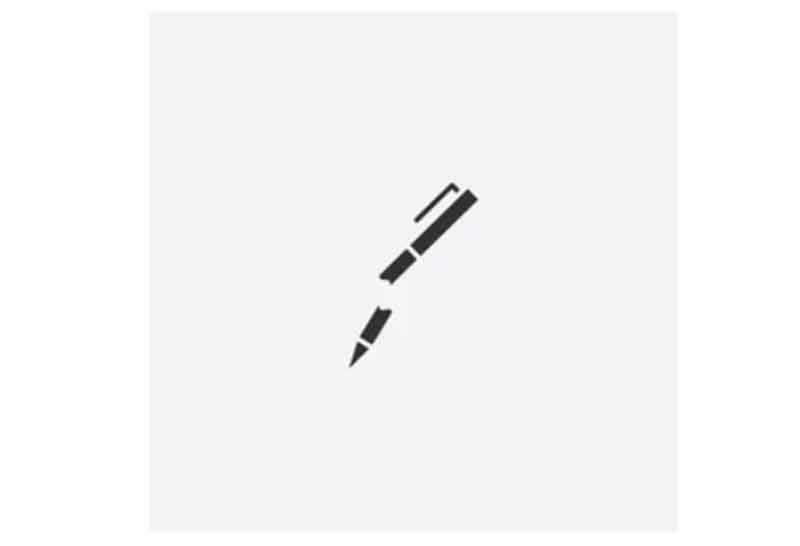
Reader,
I was admitted to the Department of English in the University of Delhi as a Junior Research Fellow a few months ago. However, after having attended the classes and experiencing the famed campus firsthand, I have resigned from the university. My resignation is only symptomatic of a larger problem which I hope to demonstrate below.
The current fee for the PhD in English at the University in Delhi currently stands upwards of Rs 17,000. The university had hiked the fee last year in 2023 from Rs 1,932 to Rs 23,968 in one single instant and students were given only a couple of days to submit the said amount. Failure to do so would have resulted in their names being dropped from consideration for admission.
The entire admission process which realistically involves at least tens of thousands of rupees in terms of application, travel, accommodation and other related costs ensures that classrooms are filled with petty-bourgeois students from oppressor caste communities and syllabi suited to them is espoused throughout.
However, this is not a special case. Similar instances have been reported at various central universities including JNU. The entire education system is being surrendered to the comprador bourgeoisie and imperial capital. This year itself the interim budget reduced funding to the UGC by 67% which will result in the University Grants Commission falling short of funds for grants. By choking its finance, the government plans to privatise the entirety of the education sector and allow for market penetration at breakneck speeds. Various reports put the percentage of private universities in India anywhere from 44 % to 66% of the total universities in India. The figure was around 12% in 2012. This has also led to precarious positions for those engaged in this sector as contractual jobs replace permanent ones.
Any actual attempts at resistance are met with fascist violence from the state – student protests are regularly marked by heavy police surveillance and action. Further, the student unions themselves (be it the revisionists like SFI/AISA/Disha or reactionaries like the ABVP) attempt to contain the students’ militant potential by breaking out into the odd protest which ends up with a simple memorandum being submitted to the administration.
How does this translate inside the classroom? While the English department has historically defined itself as being a front of critical thinking and revolutionary ideas, this seems more than a pipe dream than reality. Having attended both public and private universities, I can attest to the fact that in terms of classroom discussion quality, which is the spine of a classroom, both have become synonymous. In other words, the constant erasure of students from working class/peasant backgrounds has resulted in the classroom discussions taking on a bourgeoisie character. Postmodernist lines of thought reigns as common sense and any criticism that one might make of another is simply termed to be one’s “perspective.” Instead of challenging and developing dialectically, students’ ideas are fermented in isolation way from direct intervention of other contradictory ideas. Hence, a critical examination of a piece of writing based on class analysis becomes ‘outdated’ as trends like ecocriticism are supposed to be more relevant today. A student speaks only to be listened to and not to be heard of. The same two ideas, often seen on various liberal social media accounts, are regurgitated in the garb of passionate responses. Academic freedom, it turns out then, is not only strangled directly through the administration but also indirectly through the intellectuals themselves who accept postmodern bourgeoise ideology as ‘radical’ ideas and poise themselves as the defenders of whatever they had deemed to be freedom (which was actually afforded by their class position in the erstwhile welfare state institutions). Therefore, the professors give zealous lectures on the importance of ‘multitudes of ideologies’, and any that do not seem to fit well with their ideas are deemed as ‘interesting perspectives’ and are brushed away with a little embarrassment.
Subscribe to Our Newsletter
Get the latest CounterCurrents updates delivered straight to your inbox.
This also impacts the quality of research that is carried out. Due to the penetration of the market into the education sector, the professor now also becomes a salesman – only this time the commodity is himself. Educators and research scholars alike are expected to meet certain paper quotas on the basis of which they get promoted and are also hired. The focus shifts from conducting research which takes unflinching dedication and time to writing the maximum number of papers. Before students can be evaluated on the quality of their work, their work needs to be of a certain minimal word limit. Before one qualifies for the SRF from JRF, one needs to have published a paper, that is, within two years of his PhD. The student himself wants to make himself more marketable as the torch of his intellectual passions is no match for the shadows of uncertain job markets. Hence, while a number of papers are published by both faculty and students, in terms of originality of thought and creativity, hardly one is to be found of any value.
The professor ultimately becomes a circus clown wandering from this institution to that in order to not become pauperized, performing his craft in front of an audience who themselves are more focused on perfecting their own acts as they themselves also have to enter the circus as clowns one day. It is perhaps my own self respect which has not let me continue in this circus for a serious study of literature is not clownery and neither do I wish to transform it into one.
Sincerely,
Shashank
Shashank is an independent scholar and was a former JRF at the University of Delhi. Email: [email protected]
















































